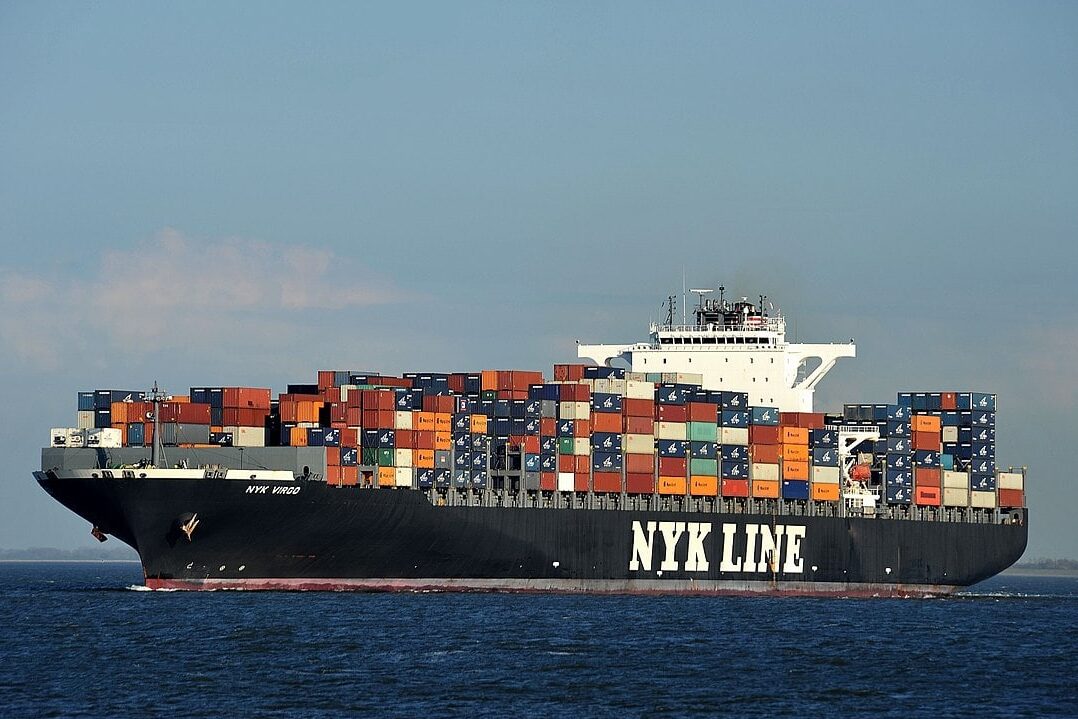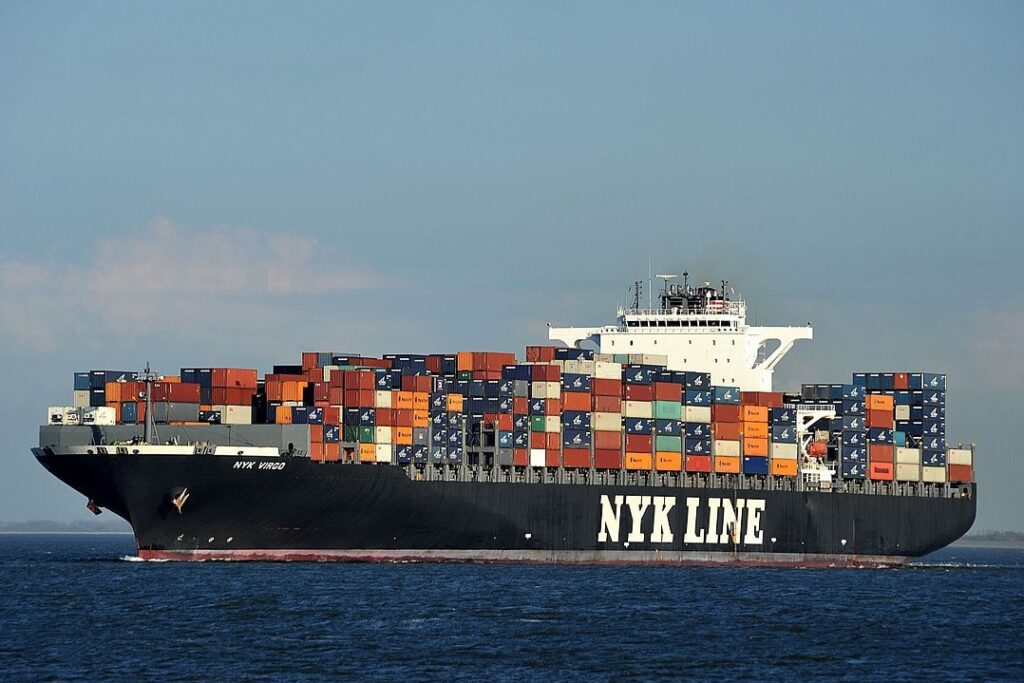
Zero-carbon maritime shipping by 2050: U-M joins partnership to advance sustainability goal
Michigan Engineering researchers lead a collaboration with the Mærsk Mc-Kinney Møller Center for Zero Carbon Shipping.

Michigan Engineering researchers lead a collaboration with the Mærsk Mc-Kinney Møller Center for Zero Carbon Shipping.
In a new effort to support decarbonizing the maritime shipping industry, the University of Michigan has entered into a strategic partnership with the Copenhagen-based Mærsk Mc-Kinney Møller Center for Zero Carbon Shipping.
U-M will be the first academic institution to join forces with the nonprofit research and development center that’s working to achieve zero-carbon maritime shipping by 2050 through collaboration, applied research and regulatory reform.
The partnership will be led at U-M by Thomas McKenney from Michigan Engineering’s Department of Naval Architecture and Marine Engineering, and it will include researchers from across the university.
“The collaboration with the Center aligns well with our department’s mission, opening up new avenues for research and enhancing our educational programs in line with industry needs and ecological stewardship.”
David R. Dowling, Chair of the Department of Naval Architecture and Marine Engineering and Professor of Mechanical Engineering
Maritime decarbonization is a complex challenge with no one-size-fits-all solution. Numerous alternative fuels and ship technologies, both existing and under development, complicate the landscape. Industry stakeholders also encounter uncertainties and dynamics such as shifting regulations, unclear technology development timelines, volatile fuel availability and pricing, and geopolitical events. The need for immediate action, coupled with numerous options and evolving conditions, requires a shift in the approach of academia and industry players, writes the Mærsk Mc-Kinney Møller Center for Zero Carbon Shipping in a press release.
The partnership aims to:

U-M will contribute expertise in climate science, sustainability, policy and regulation, technical and operational solutions, and systems design. McKenney, formerly with the Center and recently hired at U-M as an associate professor of engineering practice, will facilitate the collaboration with his wealth of industry knowledge.
“A partnership with a renowned academic institution like University of Michigan is extremely valuable to the decarbonization of the maritime industry,” said Bo Cerup-Simonsen, CEO of the Center. “The University of Michigan develops leaders who will ‘challenge the present and enrich the future’ and with a large alumni base of maritime professionals within the U.S, we have a unique opportunity to develop the maritime climate leaders of tomorrow together.”
Dowling is also the ABS Professor of Marine and Offshore Design Performance.
The Mærsk Mc-Kinney Møller Center for Zero Carbon Shipping is a not-for-profit, independent research- and development center working across the energy- and shipping sectors with industry, academia and authorities. With partners, the Center creates overviews of viable decarbonization pathways, facilitates the development and implementation of new energy technologies; builds confidence in new concepts and their supply chains; and accelerates the transition by defining and maturing viable strategic pathways to the required systemic change. The Center is located in Copenhagen but works with partners around the world.